Given the following snippet
int k = 12;
float a = 1.0/12;
if ( 1.0 / k == a )
printf("%d",0);
I would expect the condition to be true, but it prints nothing.
What's the reason? well, maybe I am not polite,I am feel very sorry,this is my first time to ask a question on this sites,I don't know there will be someone
answer me,so thank you for you to correct me,I will do better next time ,if you
have spare time ,would you please solve my problem

the following is my code,when it comes to the second example,it just print five equation
